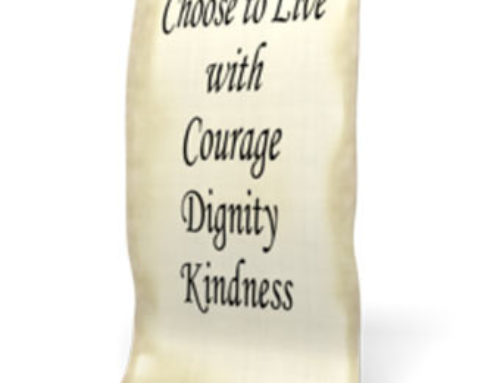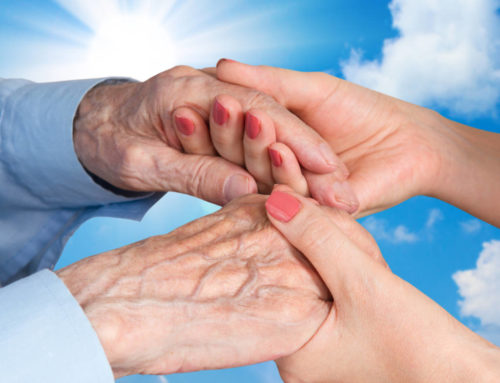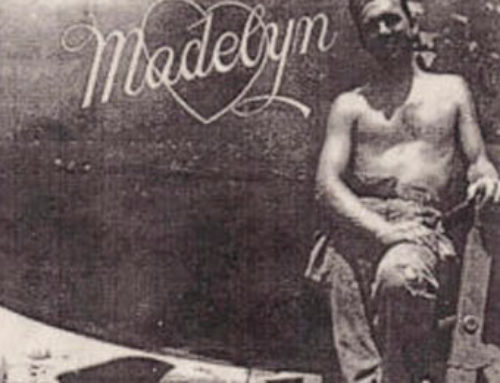Caregiver Guilt After Death
I received an email from a woman last week whose husband had just died after a long illness with ALS. The disease was relentless in its progression, and in her words, “The last three years were brutal.”
Her husband lost the ability to speak, eat, or move without assistance. During the last year, someone from Hospice came in four days a week and stayed for about an hour. The rest of the time, she managed his needs on her own.
Although she had cared for him around the clock for six years, she was racked with guilt and obsessed by her memories of the times she had lost her temper, raged in front of him, and even handled him roughly when he was completely helpless. She wrote to me in desperation looking for a way to cope with her guilt.
I wrote back to her right away. My response was lengthy, but here is a condensed version of three steps I recommended:
- Get some rest. ALS has to be the cruelest disease individuals and their families can ever experience. It is hell on earth for everyone involved. You must be feeling a level of physical and emotional exhaustion that most people cannot even begin to conceive. Do only the things that absolutely have to be done. Put everything else on hold. Go to bed when you’re tired. Take frequent naps, and give yourself permission to focus on your own needs.
- Apologize. I encouraged her to write a letter to her husband and express everything she was feeling, including her love (or lack of it) for him before he got sick. I encouraged her to be honest about how his disease had impacted her life and to apologize for the times she wasn’t as kind, loving, and helpful as she wished she could have been. I encouraged her to keep the letter for a while so she could reread it and reflect on it, and then when she felt like she was ready to release it, to have a ceremony and burn it.
- Get involved in a grief counseling group. I explained how being part of a grief counseling group had helped my mother and my husband deal with their anger, guilt, sadness, and grief after they lost loved ones.
She was not alone in experiencing caregiver guilt after the death of a loved one
Last Sunday at our church picnic I sat with two women whose husbands had died recently after lingering for years with different diseases. Like the woman whose husband had died from ALS, both of my friends said they felt guilty for the times they had lost their tempers during their husbands’ illnesses.
I read an excellent article yesterday in the online publication Quartz by Corinne Purtill about a robotic baby harp seal named Paro that is being used to help calm dementia patients. The article explains, “Paro never needs to be fed or walked; it never jumps, scratches, or growls; its companionship can be summoned at any time of the day or night. That might seem elementary, but one of the most valuable things a robot or artificial intelligence can do for the elderly is to simply be present: constantly, tirelessly, consistently present. A caregiving AI needs no sleep, never gets sick or distracted, has no obligation apart from its service. It accomplishes the essential task of caregiving: placing the care recipient at the center of one’s attention.”
As I read the article, I thought about the woman who had lost her husband to ALS and my two friends. Maybe someday someone will invent a caregiving robot that can also cook meals, clean house, change adult diapers, administer medications, go to the grocery store, and never, ever have any physical or emotional needs of its own. Until then, I think caregivers need to understand that we are not machines.
So if you are in the middle of caring for someone, or if your journey has come to an end, I would like to offer you just one quick piece of advice: Cut yourself some slack. You will never be perfect, and that’s okay. Just do the best you can as you go through it and remember that you are a human being doing the work of angels.
Click on this link if you’d like to watch my Q & A video: How Do You Find Closure After a Loved One Dies?
Click here to read: Robots will probably help care for you when you’re old
Click here to visit Coping with Caregiver Guilt on my website
Click here to visit Dealing with Caregiver Grief of my website





